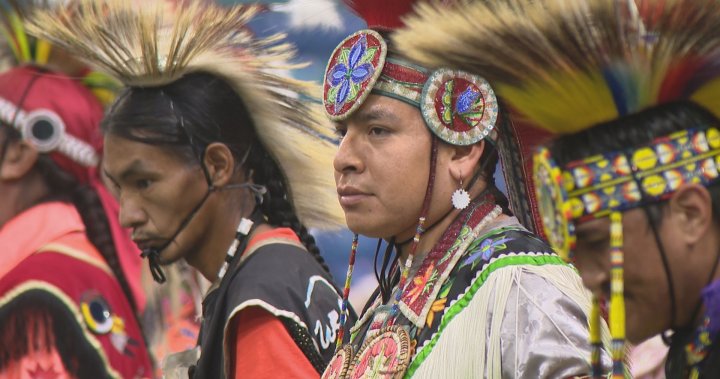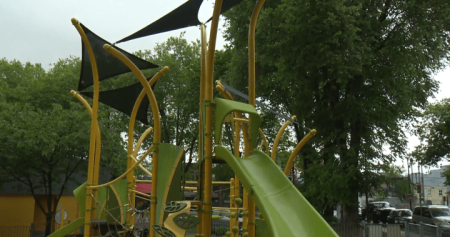On September 30, Canadians observed the National Day for Truth and Reconciliation, a day to reflect on the dark history of the residential school system in Canada. The day is meant to honour and remember Indigenous people impacted by residential schools and to educate those who are unfamiliar with this chapter in Canadian history. In Saskatchewan, events and discussions took place across the province involving Indigenous elders, leaders, and community members. In Saskatoon, a powwow was held to reflect on and understand Indigenous culture from around the globe. Saskatoon Tribal Chief Mark Arcand emphasized the need for genuine reconciliation efforts, stating that simply wearing an orange shirt one day a week is tokenism. He stressed the importance of working together, being inclusive, and not dictatorial in reconciliation efforts.
Part of the discussion at the powwow in Saskatoon revolved around the fact that people still need healing from the trauma of residential schools, highlighting the ongoing challenges faced by Indigenous communities. The event also provided an opportunity for an exchange of Indigenous cultures, with a Maori student group from New Zealand sharing their culture and celebrating the connection between First Nations peoples. For one student on the trip, it was a chance to learn about Canadian Indigenous Peoples and discover similarities between their customs and traditions. In Regina, despite chilly and rainy weather, many residents marked the National Day for Truth and Reconciliation through honour walks, storytelling, and art.
Daniel Stonechild, who participated in an honour walk in Regina, emphasized the importance of educating people about residential schools and honoring those who did not make it home. His mother, Elvie Stonechild, shared her experience of attending a residential school and highlighted the importance of reconciliation, forgiveness, and taking action to address the impacts of this dark history. At the legislative building in Regina, flags flew at half-mast to honour residential school survivors and those who never returned home. The National Day for Truth and Reconciliation was also commemorated through an art display at the Regina Public Library, showcasing responses to specific Calls to Action from the Truth and Reconciliation Commission.
Artist Stacy Fayant created a piece in response to Call to Action number 30, focusing on the over-representation of Indigenous people in the justice system. She shared how her father attended a residential school, emphasizing the therapeutic and educational aspects of art in addressing difficult issues. A sharing circle hosted by the Newo-Yotina Friendship Centre provided an opportunity for Indigenous individuals like Jessica Pratt Long-man to share their stories and perspectives on truth and reconciliation. Long-man highlighted the importance of understanding that residential schools are not a part of Indigenous culture but rather a painful chapter in history. The Indian Residential Schools Crisis Line is available 24 hours a day for anyone experiencing distress as a result of their residential school experience.
In conclusion, the National Day for Truth and Reconciliation in Canada serves as a reminder of the dark legacy of the residential school system and the ongoing need for reconciliation, healing, and understanding. Events across Saskatchewan involved Indigenous elders, leaders, and community members coming together to reflect on Indigenous culture, share stories, and educate others. The day sparked discussions on the importance of genuine reconciliation efforts and the ongoing challenges faced by survivors of residential schools. Through art, storytelling, and sharing circles, Canadians in cities like Saskatoon and Regina paid tribute to residential school survivors, shared their perspectives on truth and reconciliation, and highlighted the resilience and strength of Indigenous communities. Moving forward, it is essential to continue learning about and acknowledging this painful history while working towards healing, understanding, and meaningful reconciliation.















